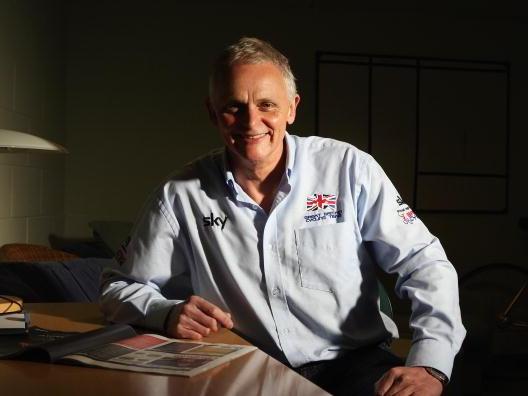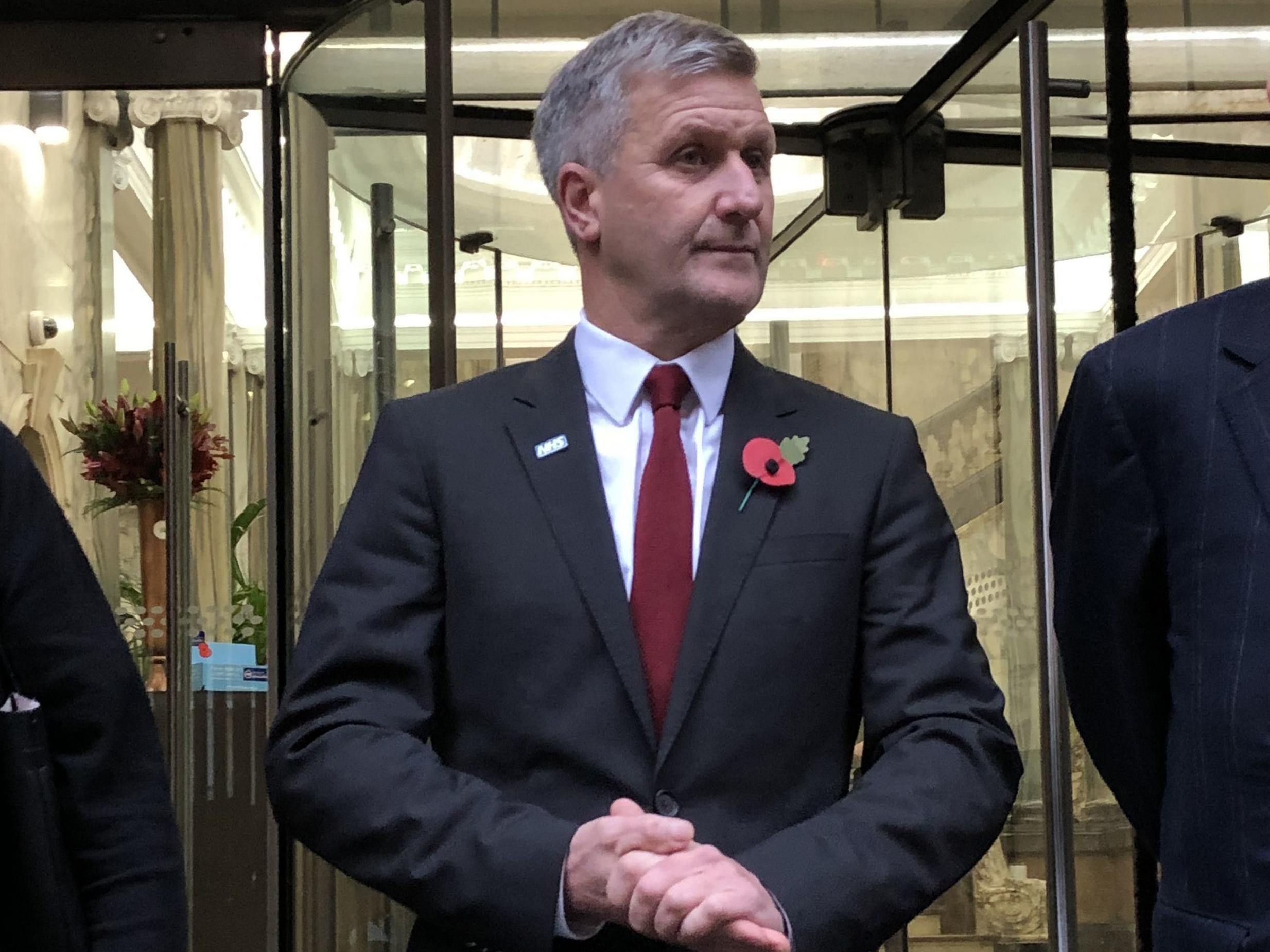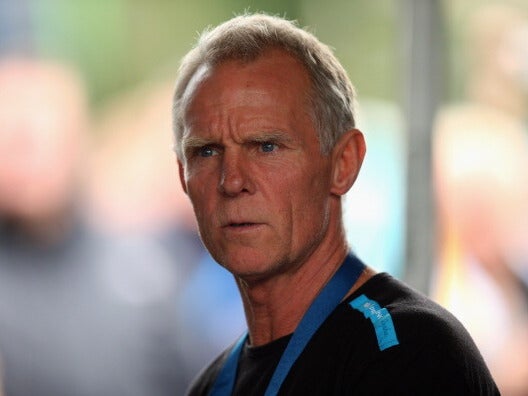Steve Peters casts doubt on testosterone patches being used to enhance performance
The former head of medicine said using patches would be a ‘mad’ way to attempt to dope riders at Richard Freeman's hearing at the Medical Practitioners Tribunal Service

British Cycling and Team Sky‘s former head of medicine Steve Peters cast doubt on the idea testosterone patches could have been ordered for performance-enhancing reasons.
Richard Freeman, the former British Cycling and Team Sky doctor, is facing a hearing at the Medical Practitioners Tribunal Service in Manchester to determine his fitness to practise medicine.
Dr Freeman has already admitted, among other charges, ordering the Testogel in 2011 and then lying about it, including to Dr Peters.
The General Medical Council, which brought the case, argues that the drug was ordered not, as Dr Freeman contends, to treat former head coach Shane Sutton‘s secret erectile dysfunction but with the intention of giving it to a rider to enhance performance.
The Testogel was part of a package, which it was revealed on Thursday also included the erectile dysfunction drug Viagra, addressed to Freeman and delivered to the National Cycling Centre.

Dr Freeman’s QC, Mary O’Rourke, put to Dr Peters: “If it was ordered to dope a rider, that’s not how you would do it unless you were mad.”
Dr Peters agreed and also suggested that an athlete using such a patch would quickly fail a doping test.
“It would be picked up very quickly,” he said. “It would be very hard to do this.”
Dr Peters added: “What didn’t make sense is if someone were to cheat they wouldn’t go through the supplier for British Cycling where there’s a paper trail. Initially I thought it must be someone forging his (Dr Freeman’s) signature.”
Dr Peters did, though, question Dr Freeman’s assertion that Sutton had wanted the matter kept quiet and that’s why Dr Freeman had lied.
“That doesn’t quite add up,” said Dr Freeman. “My relationship with Shane was very up and down, as I think with everybody, but Shane is a very open book. Shane came to me many times. I just didn’t understand why he would not tell me. He confided a lot in me about his relationships.”
Dr Peters added he thought that Dr Freeman may have ordered the patches for himself, using Sutton as a decoy.
Sutton emphatically denied Dr Freeman’s version of events in explosive exchanges with O’Rourke on Tuesday before storming out, at one point calling Dr Freeman, who is being treated as a vulnerable witness and was separated from Sutton by a screen, “spineless”.
Dr Freeman was absent from the hearing on Thursday, with O’Rourke saying: “Unfortunately Dr Freeman had an adverse reaction to what happened on Tuesday. Dr Freeman is not in a fit condition to be here today or tomorrow.”

Dr Freeman was due to see his psychiatrist on Friday.
Dr Peters painted a picture of Dr Freeman, who he described as a friend, as a disorganised man who was unable to properly keep records and who found a lot of things hard to cope with.
It was revealed that Dr Freeman had previously been diagnosed with bipolar disorder and had been admitted to hospital on several occasions, including in 2011 when he was struggling with the break-up of his marriage.
O’Rourke stated the police were involved and that there was a concern he might take his own life.
Dr Peters said he was “distressed” when Dr Freeman eventually admitted that he had not told the truth, travelling to Dr Peters’ house to apologise in person.
“When I was waiting for Richard to arrive I couldn’t believe the position I’d been put in because I trusted him,” said Dr Peters.
“I was distressed because I wasn’t sure how to defend myself. I expected him to be really quite distressed and when he arrived he was really upbeat. He just didn’t seem aware of what he’d done and what he was apologising for.”
One moment of contention came when O’Rourke brought up an interview Dr Peters gave to the Sunday Times repeating the lies that Dr Freeman had told.
O’Rourke suggested Dr Freeman did not know about the interview until afterwards, but Dr Peters said: “That’s untrue, Richard came and asked me to do it.”
Dr Peters did not offer an opinion who he believed was telling the truth out of Sutton and Dr Freeman, saying: “We’ve got two men and clearly one of them is lying. None of it seems to make sense.
PA
Join our commenting forum
Join thought-provoking conversations, follow other Independent readers and see their replies
Comments